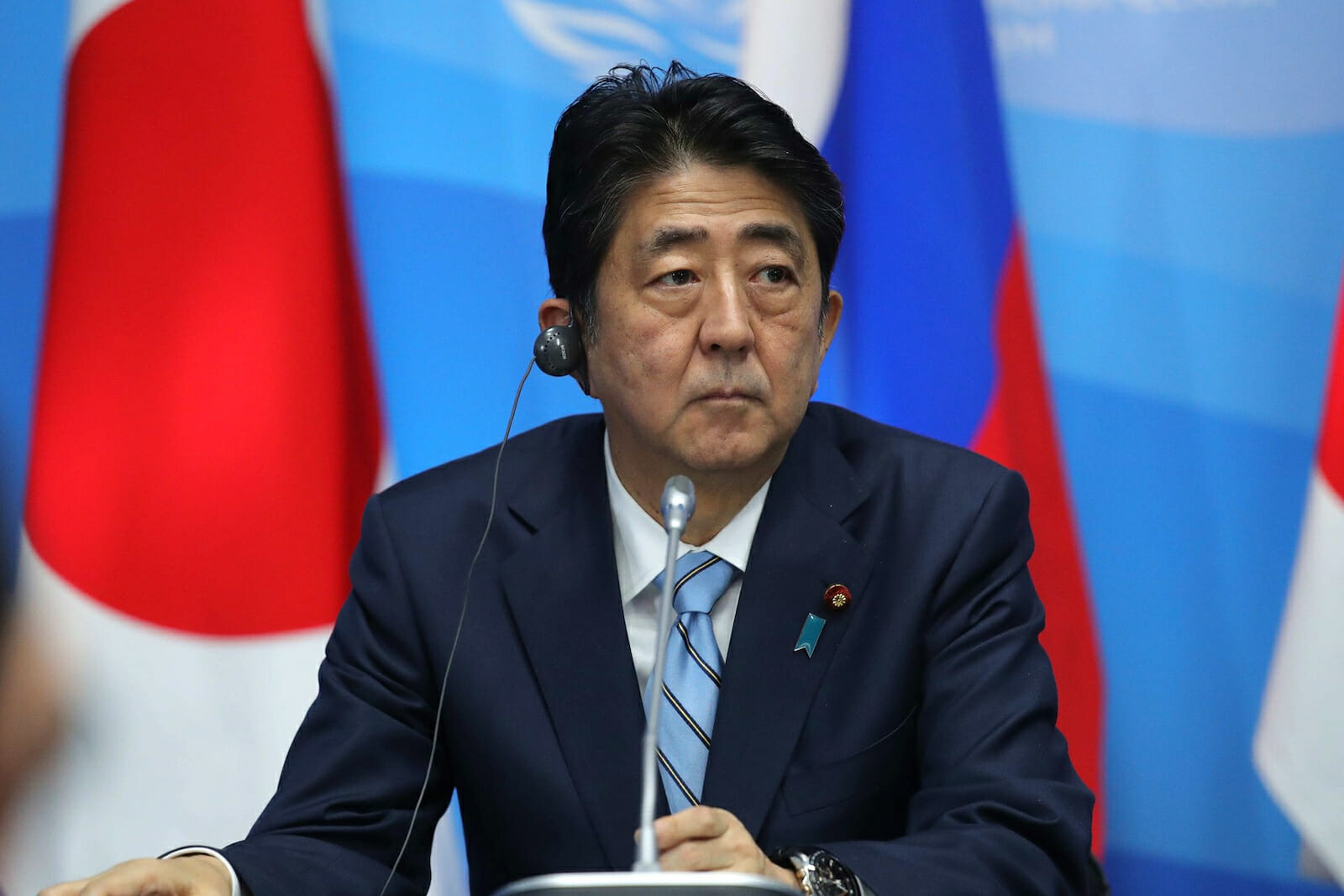
Japan will win this New Cold War by Looking ‘Woke’
“Wokeness” refers to the rising tide of ‘left-wing’ thinking associated with the freshly minted Democrat majority in the US Congress and its record-breaking influx of minority and female representation, on a tide of traditionally ‘fringe’ issues related to income inequality, environmental degradation, persecution of minorities and hard-core LGBTQI discrimination. Almost 40 years after Reaganomics, the potential for industrial policy, the ‘Green New Deal’ and raising marginal income tax rates on the wealthy are all being discussed.
But whatever the direction of American internal politics, Reaganomics has left its mark on the transnational corporate behemoth of the West. Since the 1980s, off-shoring and the exit of Western capital industry to lower cost markets in Asia, have been based on the premise of lower comparative factor cost. As jurisdictions matured and acquired better technology, value-added investment was supposed to take place or Western corporations migrated to the next best market. The core ethos has always been the chase for higher profits, lower cost commodities, and cheaper exports to satisfy the consumer public that must make do with stagnating wages with the flight of industrial jobs. Neo-liberalism is deeply encoded in the DNA of this form of off-shoring capitalism and it has created a boomtown eco-system in ASEAN and East Asia. The human rights and political record of these investment destinations was of less consideration. Winning the Cold War was paramount.
But aren’t Japan, South Korea and Taiwan adherents to developmental policy and shepherded markets? How do these key American allies adapt to the tidal changes in DC’s political mood? From the end of the Pacific War to the Plaza Accord of 1985, the US openly tolerated industrial policy and preferential market access from Japan, as a means to consolidate a major anti-Communist bulwark and to rebuild capitalist economies in East Asia. Tokyo’s Flying Geese model coincided with these objectives and the off-shoring of Japanese corporations from the 1970s onwards to ASEAN and the emerging Chinese SEZs, confirmed Washington’s initial judgment. It was only with the exploding of the US deficit from the 1980s onwards and the aggressive Japanese acquisition of American landmarks that DC turned to Japan’s preferential access system and closed currency trading.
In the last three decades since the Plaza Accord of 1985, Japan has become a widely celebrated member of the OECD. A powerful hybrid of two types of Capitalism; the American variety of neo-liberal multinational investment mechanisms and the retention of curated market and industrial arrangements stemming from the MITI. It has shed its image of corporate raiding from the 1980s and transformed its international appeal with a potent mix of soft power and tourism. The Japanese model of utilizing global neo-liberalism while continuing to shepherd markets and curating competitive advantage is extended via its potent umbrella of international aid and finance institutions like JETRO, JICA, and the ADB. In order to survive in the Washington Consensus while protecting growth at home, the South Koreans have adopted the same model with arguably even greater success. Seoul has managed to garner quite a bit of independent firing power in the US alliance system along with Tokyo, expressing nationalist values strongly against the latter on frequent occasions.
The crux of this discussion is where democracy and the supposed spread of classical liberal values affected American ‘pragmatism’ through neo-liberalism and how this has been checked by state Capitalist mechanisms in Asia. In all the American Asian ally states, there is a steady class of bipartisan ruling elites. In some cases like Japan, the same party has prevailed through electoral mechanisms for more than six decades. “Freedom” is defined by the current preoccupations of the West, in the immediate post-Cold War period, it was liberal public discourse and availability of electoral choice, in the late 1990s it was investment accessibility and liberty of capital market flows in ASEAN and East Asia, in the 2000s and it was defense against religious fundamentalist terrorism and the security of the American homeland. Fast forward to 2019 and it is the economic rights of OECD corporations through intellectual property and how developmental policy in China has confined market access. You would forgive jaded Asian elites from not reacting to the latest intellectual cause of the day. Anyone educated in the West can see how these American objectives are linked to the heartland causes on employment, deficit and the lapse of economic competitiveness. The waxing and waning have become so repetitive, that they are predictable.
Japan has shown the way to prevailing against the tides of the day. Its international image reconstruction since 1985 and deft economic diplomacy has placed it in the sweet spot to benefit from any outcome of a tariff war between Beijing and Washington. Privately, the PRC has sent delegations to inquire on the Japanese experience in soothing the US. As Professor Yuan Yuan Ang stated, the false bipolarity of neo-liberalism and state Capitalism can be easily ameliorated with compromise. What is more problematic, is the rising American bipartisan consensus that Beijing poses a civilizational challenge to the ‘End of History’ and this is merely Act One of another twilight struggle. Within the Chinese elite, the need to push resources into image reconstruction while buying time to consolidate hard-edged technological leads is becoming paramount. Beijing will find it almost impossible to be as agile as Tokyo and its clumsiness is very apparent to the latter.
The Japanese are once again, ideally placed to negotiate and leverage between both parties, having emerged as a powerful hybrid of these two seemingly opposing forms of political economy. The Americans are convinced that given Japan’s survival priorities and modern history with China, there is zero possibility of Tokyo siding with other East Asian states against American interests. Japan’s international network of development finance and commodity extraction (JICA, JETRO, etc.) is dependent on continued American goodwill. However, Japan’s uncharacteristically aggressive defense of the American economic order through the CPTPP means that it has a strong hand of cards as well. Trump’s recent attempts to turn his Tariff war-gaze to Tokyo are very ill-advised.
But what about being ‘Woke’ and American power abroad? It really depends on the packaging and the market respectability in the Indo-Pacific. Millennials can be easily distracted by the endless profusion of consumer products, market-tested visuals and ‘Woke’ tourist aesthetics. The 2020 Tokyo Games are almost entirely designed around these aspects. Seoul and Beijing are hard at work with their own variants and the global market laps them all up. Remember Obama and his Asia-Pacific pivot? Remember the exhortations of ‘Change’ from the American liberal heartlands? In 18 months, the reality of quarterly corporate reports and the need to bring tax revenue home would cool any attempt to seriously gel social liberalism to American foreign policy. In Asia, we have seen this all before.
